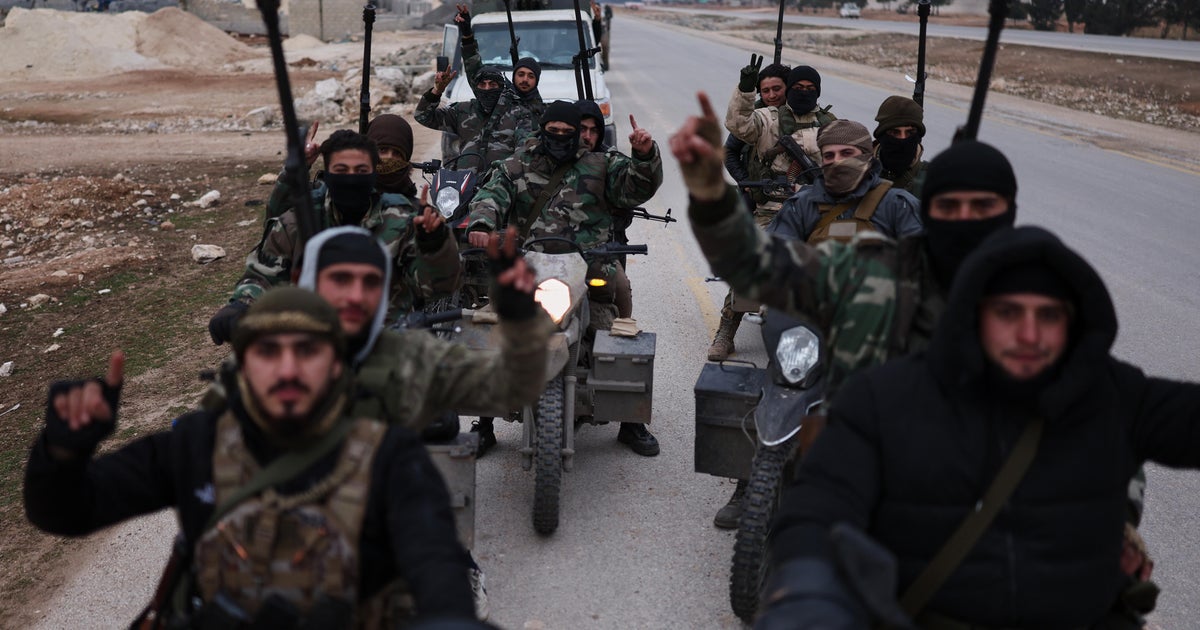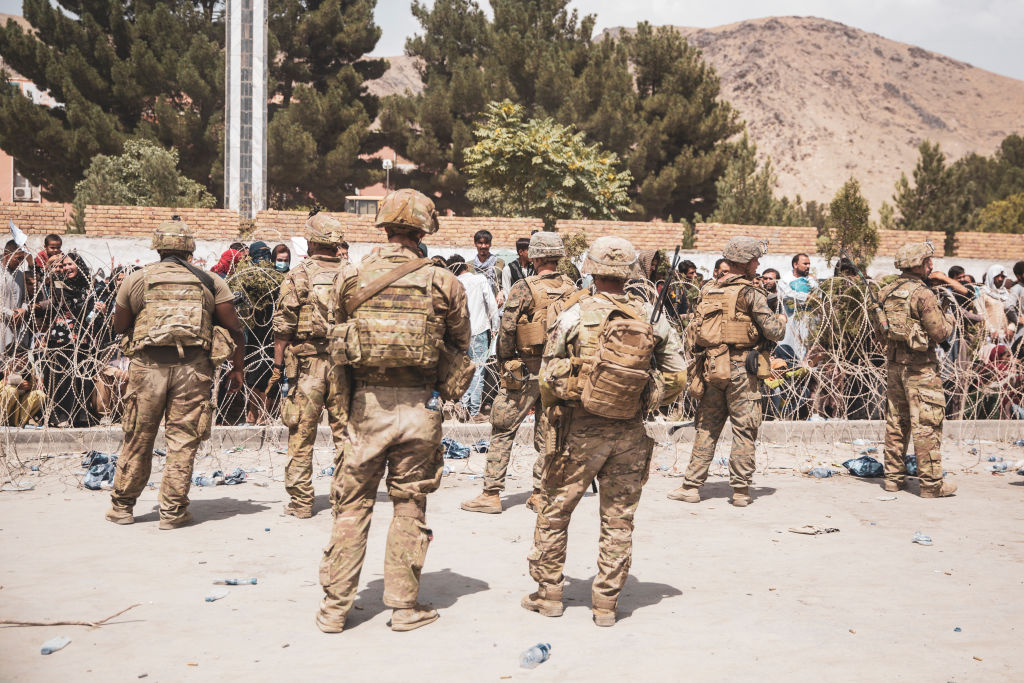U.S. and Afghan forces battle Taliban and ISIS ahead of elections
NANGARHAR, Afghanistan -- Parliamentary elections in Afghanistan are just days away, and the Taliban and ISIS are doing all they can to disrupt the democratic process. U.S. troops are helping their Afghan counterparts beat back the Islamic extremists.
Nangarhar, in eastern Afghanistan, was the deadliest province for Americans in 2017. Of the 11 American troops killed in Afghanistan last year, more than half died here. It is not only Taliban territory, but also a stronghold for the Afghan branch of the Islamic State of Iraq and Syria (ISIS), which has launched at least 17 attacks this year, killing hundreds of people.
American soldiers who were in the fifth grade when this war began in 2001, now direct Afghan forces in operations to clear ISIS-held villages. Lt. Col. Brian Ducote commands some of them, and we asked him if he was kicking the hornet's nest, expecting ISIS militants to fight back.
"We want a fight back, and so do our (Afghan) partners. Because they know that they don't want to kick it and have them come back. They want to destroy them," Ducote said.
The soldiers of Charlie Company are among 14,000 U.S. troops still serving in Afghanistan. We watched as they prepared to head "outside the wire." A heavily armed military convoy is the only way U.S. troops can get around this region. The soldiers know to keep their eyes peeled for incoming fire, IEDs, roadside bombs or vehicle bombs as they move toward their target.
- Elite Afghan forces serve as the first line of defense in America's longest war
- Despite civilian deaths, U.S. says Afghanistan strategy is working
It is company commander Maj. Kirby Robinson's second tour in Afghanistan, and his sixth combat deployment. He says the fight has changed over time. Twenty miles from the front line, U.S. Army officers are using armed drones and intelligence to monitor Afghan forces taking the fight to ISIS.
Afghan officers informed Robinson that their forces were able to reclaim one piece of territory without much of a fight. But Robinson wouldn't say they're "winning."
"I wouldn't use the word winning. I wouldn't use the word losing," he said. "I want to use the word 'impact.' I think that's the biggest word -- best word for what we're doing."
It may be too early to know what impact the new tactics are having. But Afghan military losses continue to be so high, that the government no longer gives the figures out.






